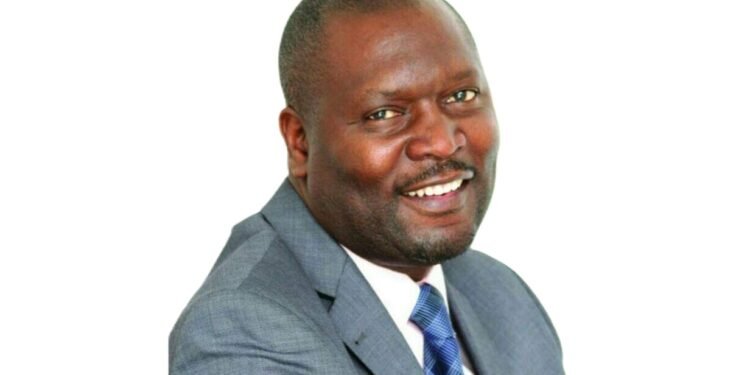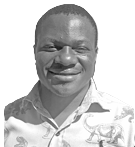FEAR THE YOUTH
When young people lose hope, those in government shake – Dr Mwelwa
By Tony Nkhoma
WHEN young people lose hope, the whole government system begins to shake, political scientist Dr Lawrence Mwelwa has said.
Dr Mwelwa said Zambians were frustrated and disappointed with the United Party for National Development (UPND) government.
In a statement seen by The Mast, Dr Mwelwa said the hope of majority Zambians in President Hakainde Hichilema and the UPND had dried.
“In 2021, Zambia witnessed one of the most exciting elections in its history. It was a peaceful transition of power, and many believed it marked the beginning of a better Zambia. Young people were hopeful, markets cheered and promises of jobs, free education, lower fuel prices and good governance filled the air. But just a few years later, that hope has turned into disappointment,” Dr Mwelwa said.
He said the daily social media posts, videos and voice notes attacking the government’s failures are an indication of the frustrations of Zambians.
“Today, more and more Zambians are expressing frustration. Even government secrets are being leaked, including audio recordings of top officials, secret plans and internal disagreements,” Dr Mwlewa said.
He said the leakages showed that not everyone in government still believed in the direction things were going.
Dr Mwlewa said one of the clearest signs of growing public anger was the recent riots in Chingola.
“The frustration ran deeper than just access to the dumps; it reflected growing anger over joblessness, broken promises and worsening living conditions,” he said.
Dr Mwelwa said the Chingola unrest echoed Zambia’s past such as the food riots in the 1980s that helped bring an end to Kenneth Kaunda’s one-party rule.
“History shows that when young people lose hope, the whole system begins to shake,” he said.
Dr Mwelwa said the recently held by-elections across the country had also sent strong signals.
“While the ruling party still wins some of these elections, the victories are coming at a high cost. State machinery is heavily used, resources are poured into campaigns and reports of intimidation sometimes emerge. Yet, voter turnout remains low, and in many areas, public support is clearly declining,” he said.
Dr Mwelwa said when citizens stopped showing up to vote, or quietly voted for the opposition, the message was that the people were tired.
He said even Parliament now reflected the shifting mood where government bills like the controversial Land Bill (Bill 13) were no longer guaranteed to pass as laws.
Dr Mwelwa said experts such as the Zambia Institute of Chartered Accountants (ZICA), land governance professionals and parliamentary committees had raised serious concerns about a strong possibility of abuse of power and threats to property rights.
“That such a bill could face rejection shows the ruling party is no longer working with the level of authority it once had. This pattern is familiar across Africa. Jerry Rawlings in Ghana, Bakili Muluzi in Malawi and even leaders in Tunisia all began with high public approval,” Dr Mwlewa said.
He said when promises went unmet, when prices rose, and when people felt ignored, support faded fast.
Dr Mwlewa said the UPND government was still in office, but the public trust that had carried it to victory in 2021 was rapidly fading.
“Supporters have become critics. Youth voices are turning silent or angry. Traditional leaders and civic groups are now asking hard questions. Losing popularity does not have to mean losing power. But it is a serious warning,” he said.
“The same voters who once brought them into office with joy may be the ones who show them the door in frustration [next year],” Dr Mwelwa said.

























